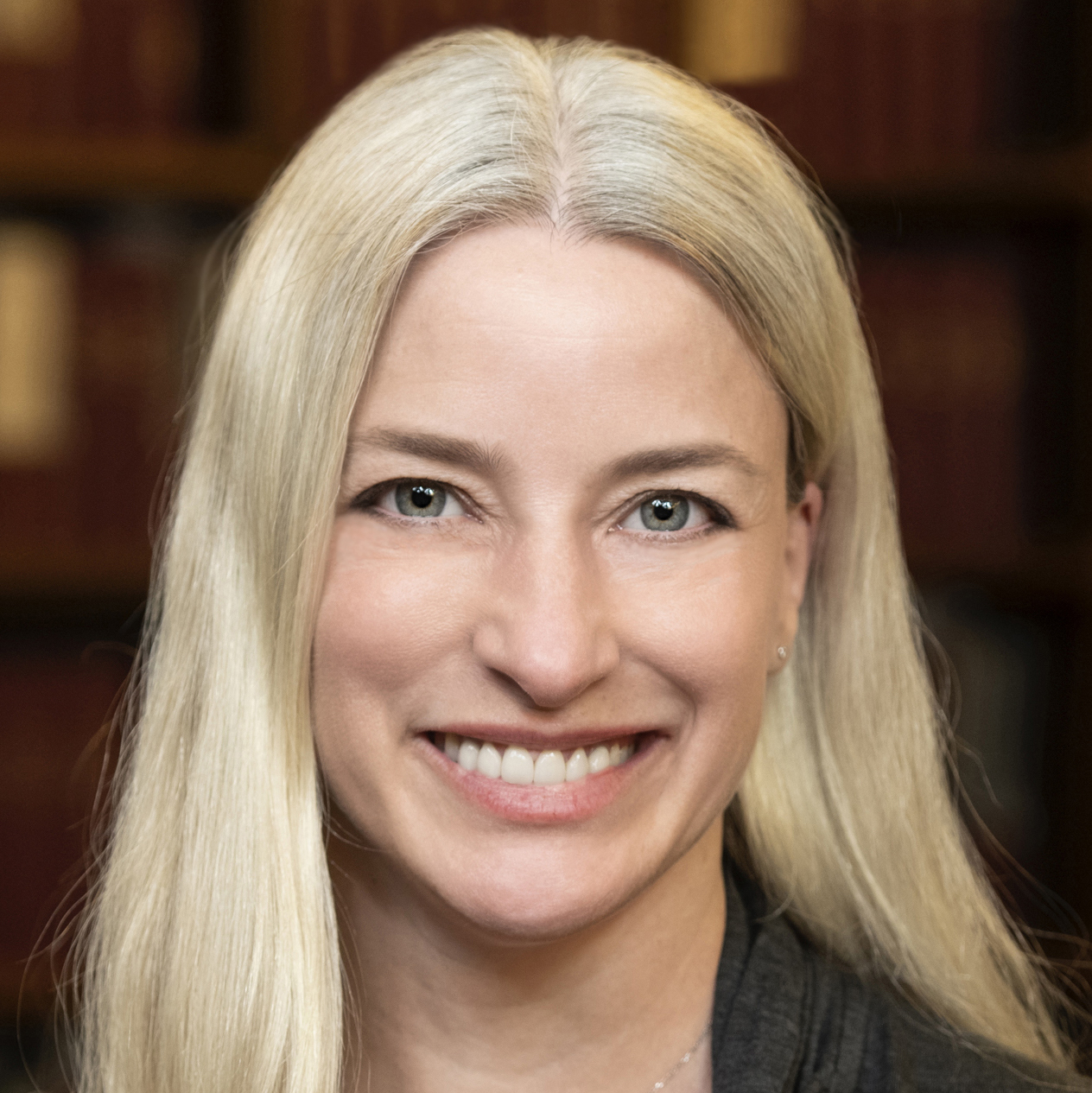Speaker

Dr. Victoria Stodden
Department of Industrial and Systems Engineering
University of Southern California
Victoria Stodden is Associate Professor in the Department of Industrial and Systems Engineering at the University of Southern California. She received her PhD in Statistics from Stanford University and a Law Degree from Stanford Law School. Before that, she completed a master’s degree in economics from the University of British Columbia after graduating magna cum laude with her bachelor’s in economics from the University of Ottawa. Stodden is a leader in improving the reliability of scientific results in the face of increasingly sophisticated computational approaches to research: understanding when and how inferences from data are valid and reproducible, what it means to have replicated a result, the effect of big data and computation on scientific inference, the design and implementation of scientific validation systems, standards of openness and transparency for data and code sharing, and resolving legal and policy barriers to disseminating reproducible research. She has published more than 50 papers in scientific journals and conference proceedings, and has co-edited two professional books, published in 2014, Privacy, Big Data, and the Public Good: Frameworks for Engagement, published by Cambridge University Press and Implementing Reproducible Research, published by Taylor & Francis. In 2009 she won the Access to Knowledge Kaltura prize for her publication on legal issues in reproducible research and scientific innovation. She has served on the National Academies of Science, Engineering, and Medicine committees: “Reproducibility and Replication in Science” and “Fostering Research Integrity.”
Title
AI-enabled Discovery: The Digital Scholarly Record
Abstract
Colossal cloud infrastructure investments supporting near-ubiquitous global mobile technologies have trickled down to scientific research through cloud compute and storage, I/O tools, data analysis tools, and frameworks, which in turn have generated broad and expanding communities of users and supporters. These new technological innovations are deeply disruptive to the research community, since they open new paths to knowledge creation that were previously inaccessible and largely culturally unknown. In this talk, I examine these changes and their implications including: AI-enabled discovery pipelies; disruption in our scientific norms of transparency, accountability, and reproducibility; and the emergent digital scholarly record.
Reading: https://hdsr.mitpress.mit.edu/pub/g6ngcphm/release/1